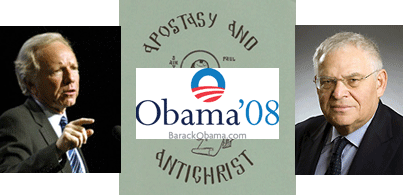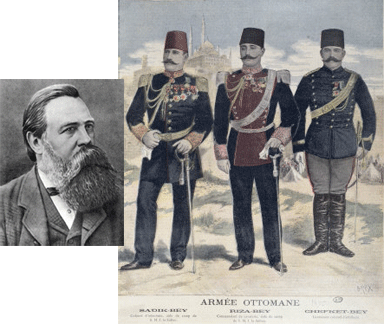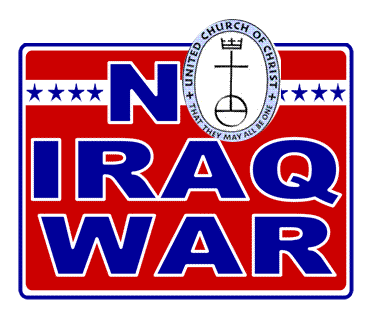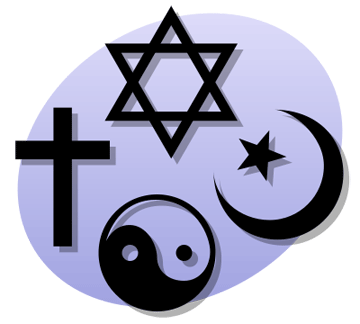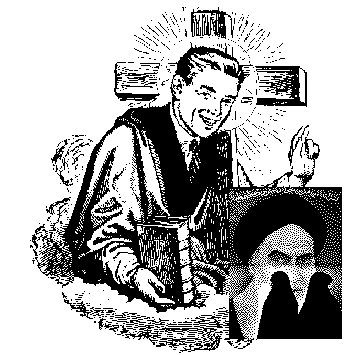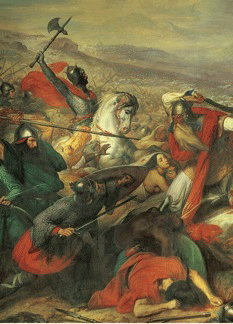
Washington Dispatch: In a taped sermon, the preacher McCain calls a “spiritual guide” calls on America to see the “false religion” of Islam “destroyed.” Still, the candidate won’t reject Rod Parsley’s endorsement.
By David Corn, Mother Jones, May 8, 2008
During a 2005 sermon, a fundamentalist pastor whom Senator John McCain has praised and campaigned with called Islam “the greatest religious enemy of our civilization and the world,” claiming that the historic mission of America is to see “this false religion destroyed.” In this taped sermon, currently sold by his megachurch, the Reverend Rod Parsley reiterates and amplifies harsh and derogatory comments about Islam he made in his book, Silent No More, published the same year he delivered these remarks. Meanwhile, McCain has stuck to his stance of not criticizing Parsley, an important political ally in a crucial swing state.
In March 2008—two weeks after McCain appeared with Parsley at a Cincinnati campaign rally, hailing him as “one of the truly great leaders in America, a moral compass, a spiritual guide”—Mother Jones reported that Parsley had urged Christians to wage a “war” to eradicate Islam in his 2005 book. McCain’s campaign refused to respond to questions about Parsley, and the presumptive Republican presidential nominee declined to denounce Parsley’s anti-Islam remarks or renounce his endorsement. At a time when Barack Obama was mired in a searing controversy involving Reverend Jeremiah Wright, McCain escaped any trouble for his political alliance with Parsley, who leads the World Harvest Church, a supersized Pentecostal institution in Columbus, Ohio. Parsley, whose sermons are broadcast around the world, has been credited with helping George W. Bush win Ohio in 2004 by registering social conservatives and encouraging them to vote. McCain certainly would like to see Parsley do the same for him—which could explain his reluctance to do any harm to his relationship with this anti-Islam extremist.
Here’s a video—produced by Mother Jones and Brave New films—highlighting Parsley’s remarks and McCain’s praise of the pastor: Continue reading McCain’s Pastor Problem: The Video
